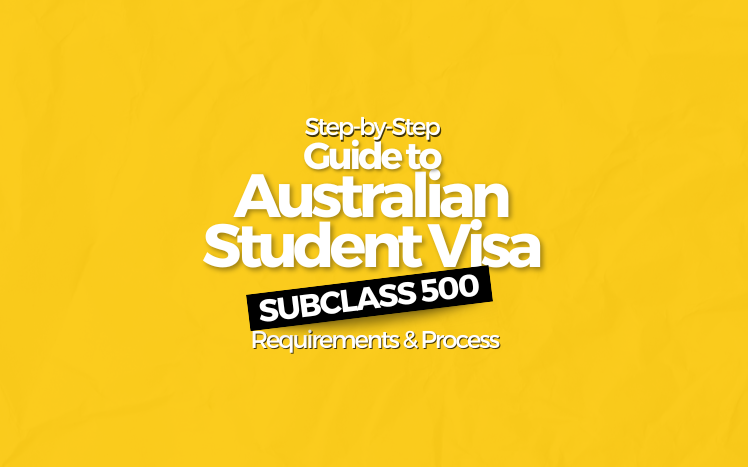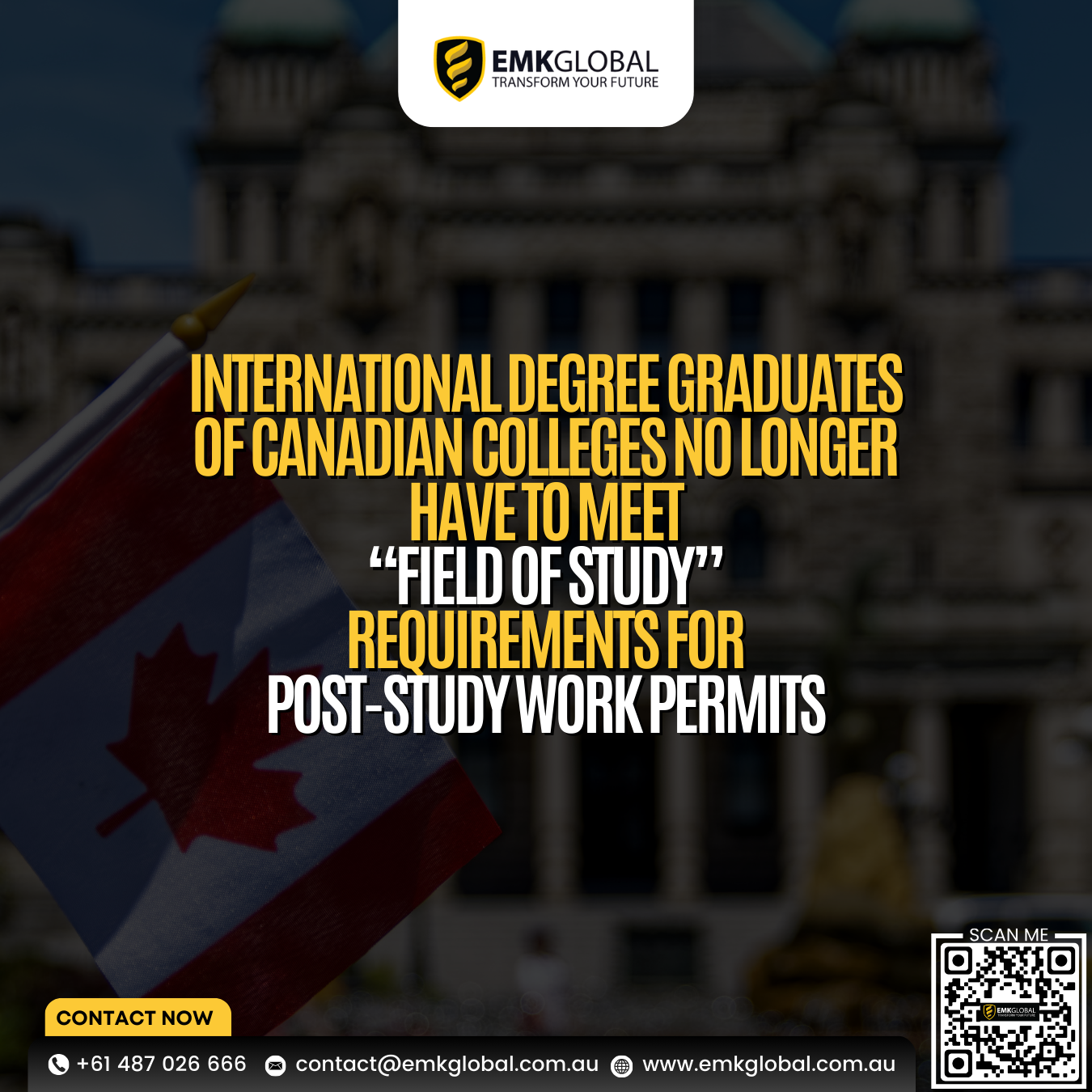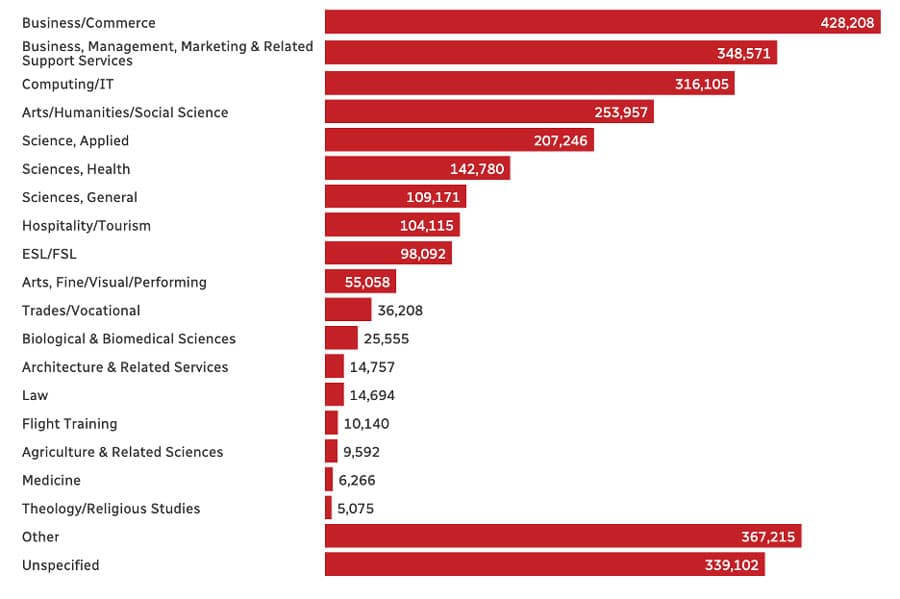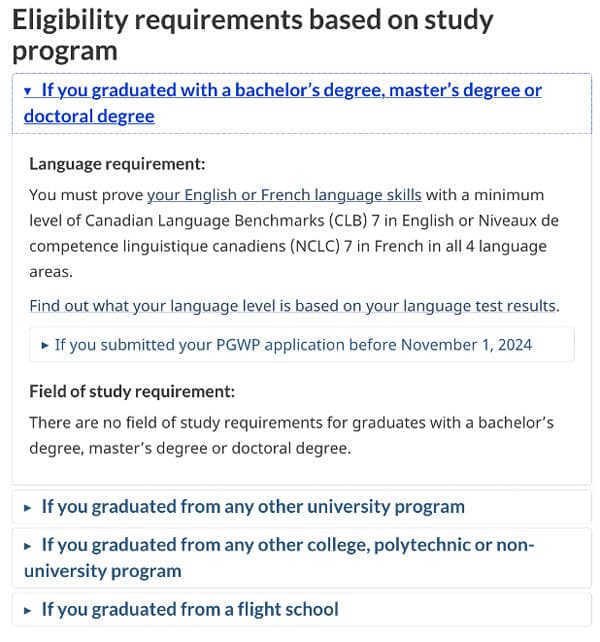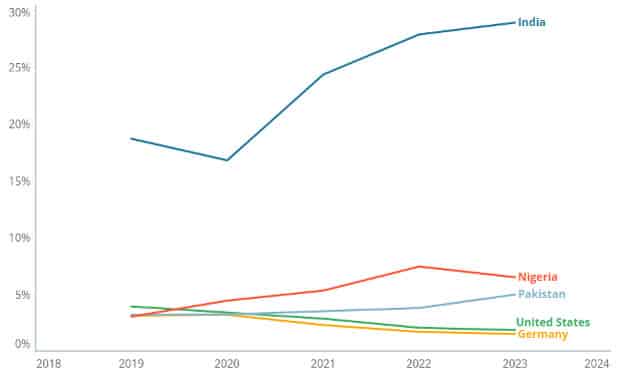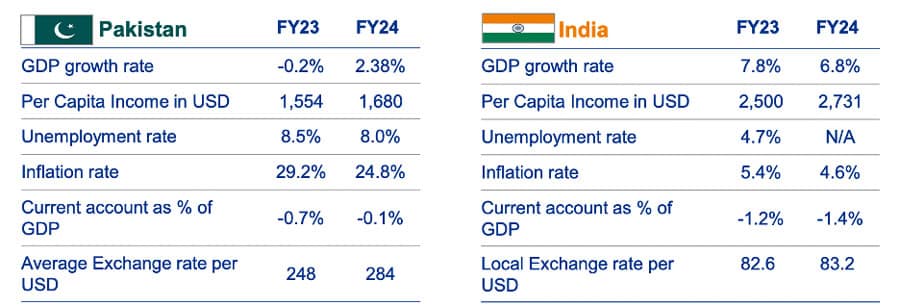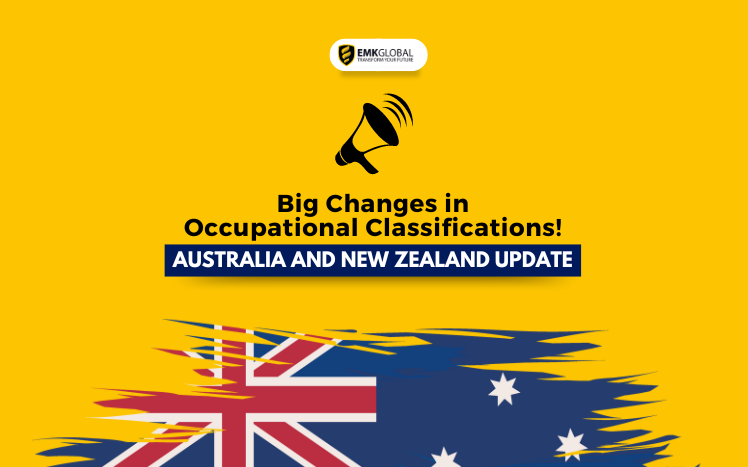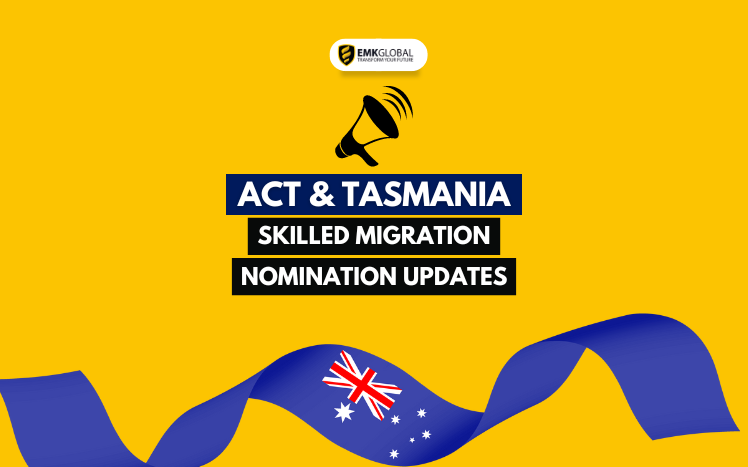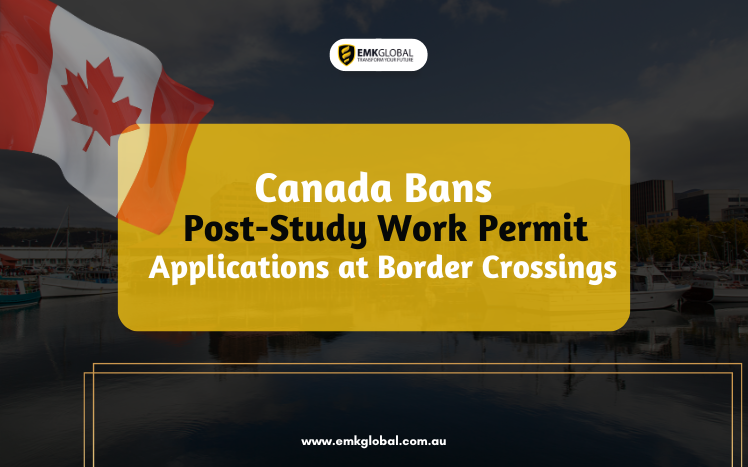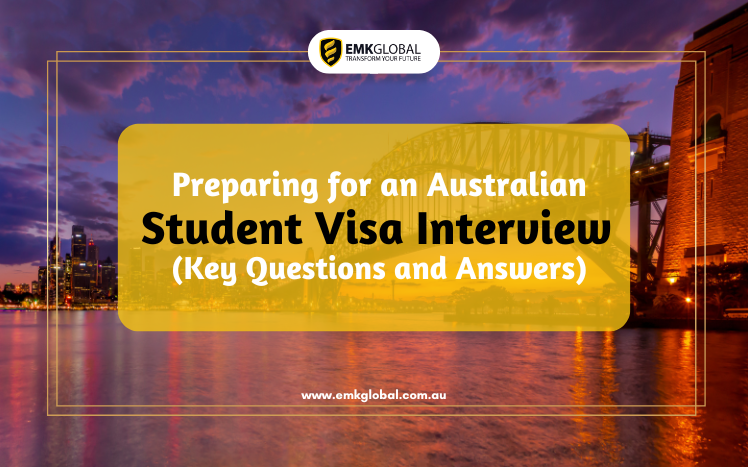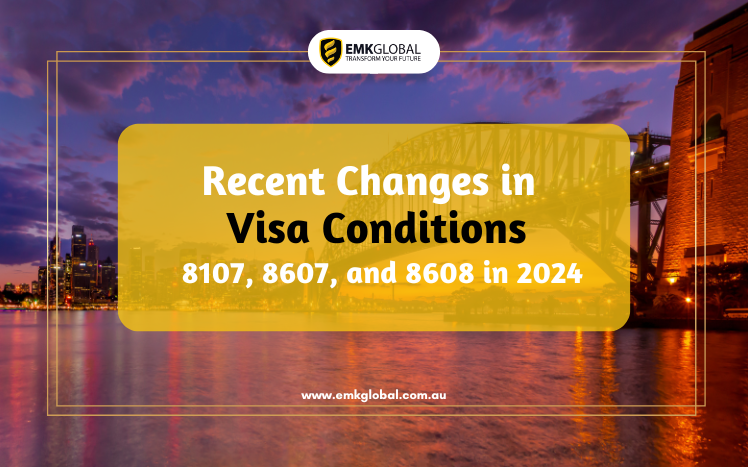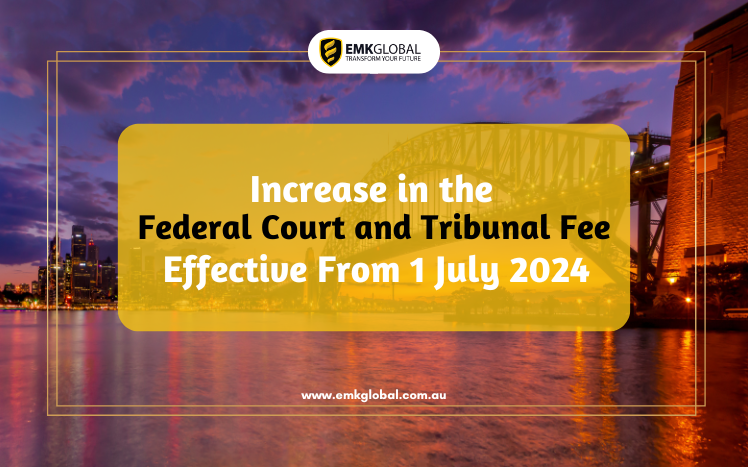Why Australia is still a great destination for engineers in 2025
Australia continues to invest heavily in infrastructure, renewable energy, mining, transport and digital transformation—areas that rely on engineers across disciplines. Employers in both major cities and regional Australia still report strong demand for qualified engineers, and many state nomination programs explicitly target engineering occupations. For skilled migration and employment, engineers must combine a recognized qualification, a positive migration skills assessment (if required) and a visa pathway that fits their circumstances.
Top engineering fields with the strongest demand (2025)
- Civil / Structural Engineering — major infrastructure programs, transport upgrades and housing projects.
- Mining & Resources Engineering — Western Australia and Queensland persist as high-paying mining hubs.
- Electrical & Power Systems Engineering — grid upgrades, renewables, battery storage and electrification projects.
- Software / Systems / Embedded Engineering — tech growth, defence, industrial automation.
- Mechanical / Mechatronics / Robotics — manufacturing modernisation and defence projects.
- Environmental & Chemical Engineering — water, waste, green hydrogen and emissions control.
| Engineering Field | Key Sectors / Projects | Primary Hiring Regions |
| Civil & Structural | Roads, bridges, rail, housing, construction | NSW, VIC, QLD |
| Mechanical & Mechatronics | Defence, robotics, automation, manufacturing | SA, NSW, WA |
| Electrical & Power Systems | Renewable energy, solar, battery, grid upgrades | QLD, SA, TAS |
| Mining & Petroleum | Resources, oil & gas, minerals, site development | WA, QLD |
| Environmental & Chemical | Water, waste, hydrogen, sustainability | VIC, WA |
| Software / Systems / Network | Smart infrastructure, IoT, industrial control | Nationwide |
Typical salary expectations (benchmarks for 2025)
Salaries vary by discipline, experience and location. Engineers Australia’s labour market analysis and major job sites report average total remuneration for engineering occupations around the six-figure mark (AUD $100k+ for many established fields), with mining and senior specialist roles paying significantly more. Entry salaries are lower; city vs regional and industry (mining/tech/public) make a big difference. Use up-to-date job boards (Seek, Hays, PayScale) and Engineers Australia reports to benchmark specific roles by city.
| Engineering Discipline | Average Annual Salary (AUD) | Experience Level |
| Civil Engineer | $80,000 – $135,000 | Graduate to Senior |
| Mechanical Engineer | $85,000 – $140,000 | Graduate to Senior |
| Electrical Engineer | $90,000 – $145,000 | Graduate to Senior |
| Software / Systems Engineer | $100,000 – $160,000 | Mid to Senior |
| Mining Engineer | $120,000 – $180,000 | Mid to Senior |
| Environmental Engineer | $75,000 – $120,000 | Graduate to Mid |
The main migration pathways for engineers (2025) — quick overview
1) General Skilled Migration (points-tested)
- Subclass 189 (Skilled Independent — permanent) — points-tested visa; no sponsor required.
- Subclass 190 (Skilled Nominated — permanent) — requires nomination by an Australian state/territory (gives extra points).
- Subclass 491 (Skilled Work Regional — provisional) — regional nomination; pathway to PR after meeting conditions.
These visas usually require a successful migration skills assessment, that your occupation is on the correct skilled/occupation list, and that you meet the points test (minimum pass mark often 65 but invitations are competitive).
2) Employer-sponsored visas
- Subclass 186 (Employer Nomination Scheme — permanent) — employer must nominate; streams include Temporary Residence Transition and Direct Entry.
- Subclass 482 / Skills in Demand / replacement visa systems — temporary employer-sponsored streams can lead to employer nomination and permanent residence. Note: the Australian Government has been revising temporary and specialist employer pathways recently—processing times and stream rules have changed in 2024–25.
3) Temporary Graduate Visa (Subclass 485)
If you finish an Australian-recognised qualification (eligible engineering degrees) you can apply for a temporary graduate visa that gives time to gain local experience and meet employer sponsorship/state nomination requirements.
4) Labour Agreements & Regional Programs
Where direct nomination or standard pathways are not available, employers and regions sometimes use labour agreements or targeted regional programs to sponsor specialist engineering skills.
| Visa Type | Category | Permanent? | Sponsor Required? | Key Notes |
| Subclass 189 | Skilled Independent | Yes | No | Points-based, invite only |
| Subclass 190 | Skilled Nominated | Yes | State sponsor | Extra 5 points for nomination |
| Subclass 491 | Skilled Work Regional (Provisional) | Pathway to PR | Regional sponsor | 3 years to convert to PR |
| Subclass 186 | Employer Nomination Scheme | Yes | Employer | Direct or transition entry |
| Subclass 482 | Temporary Skill Shortage | Temporary | Employer | 2–4 years, can lead to 186 |
| Subclass 485 | Temporary Graduate | Temporary | No | For international graduates |
Engineers Australia — the crucial migration skills assessment
Engineers Australia is the designated assessing authority for most engineering occupations. For most overseas-qualified engineers you must obtain a positive Migration Skills Assessment (MSA) from Engineers Australia before submitting a skilled visa application. The assessment pathway depends on your qualification: accredited degrees, recognised accord degrees (Washington/Sydney/Dublin), or non-accord degrees (which usually require a Competency Demonstration Report — CDR). Engineers Australia updated aspects of their assessment process in 2024–2025, so check the official Engineers Australia migration page and guidance for the pathway that matches your credential.
Practical tip: If your degree is not accredited under the international accords, you will very likely need to prepare a CDR — four technical career episodes, a summary statement, CV and English evidence. The CDR must be your original work and should be tailored to the Engineers Australia migration booklet.
| Assessment Pathway | Who It Applies To | Key Requirements |
| Accredited Qualification Pathway | Engineers with Australian or Washington Accord degrees | Submit degree & transcripts |
| Competency Demonstration Report (CDR) | Engineers with non-accredited international degrees | 3 career episodes, summary statement, CPD |
| Mutual Recognition Agreement | Engineers from countries with MRA with EA | Simplified process |
| Australian Qualification + Experience | Graduates from Australian universities | Can use direct qualification proof |
The occupation lists & what they mean for engineers
Australia uses occupation lists (these have been reviewed and reformed; for 2024–25 the government has published updated Core Skills/CSOL and related lists). Whether a particular engineering ANZSCO code is eligible for a visa depends on which list and which visa you’re applying for — some lists target long-term needs while others enable short-term or regional solutions. Jobs & Skills Australia and the Department of Home Affairs publish the lists and consultation outcomes that drive policy changes—check them before lodging an EOI.
Realities & risks in 2025 — what to watch out for
- Processing delays & policy change: The immigration program has been through structural changes, and expert reports warn of processing delays and shifting priorities—especially for temporary skilled streams—so plan timelines accordingly.
- State allocations & nomination caps: State/territory nomination quotas can change during the program year; some states may restrict certain occupations or have additional local rules. Always confirm with the state migration pages.
- Quality of supporting documents: Engineers Australia and the Department of Home Affairs reject incomplete or poorly supported applications; invest time in a full skills assessment and high-quality evidence (employment records, reference letters, pay slips, detailed job descriptions).
Step-by-step checklist for engineers who want to migrate in 2025
- Identify the ANZSCO occupation that best matches your role (use Home Affairs occupation search).
- Check whether that occupation appears on the relevant visa/occupation list (CSOL/MLTSSL/STSOL/any current lists); if you want state nomination check the state skills lists.
- Get a migration skills assessment from Engineers Australia (determine whether your qualification is accredited/accord or needs a CDR). Begin this early — assessments can take weeks.
- Gather evidence — verified qualifications, detailed employment references (role, tasks, hours, dates), certified ID, English test results (IELTS/PTE/OET if required).
- Calculate your points (age, English, skilled employment, qualifications, partner skills, etc.) and decide whether to aim for 189, 190, 491 or employer-sponsored routes.
- If using state nomination, apply to the state for nomination and secure it before lodging visa application or wait for invitation per state rules.
- Prepare your visa application on ImmiAccount or via an accredited migration agent. Be precise — missing documents are the top cause of delay.
- Plan finances & timing — be aware of visa fees, assessment fees, moving costs and potential processing delays.
Career & professional registration after arrival
- Registration/licensing: Engineers working in some disciplines (e.g., certain structural or building-critical roles) may require state-level registration or chartered status for certain tasks — check local boards and professional bodies. Engineers Australia provides pathways to Chartered status which helps employability.
- Networking & job search: Use Engineers Australia branches, LinkedIn, industry recruiters (Hays, Michael Page, specialist engineering recruiters) and local job boards. Local experience and Australian referees speed hiring.
Quick FAQ (short answers)
Q: Do I always need Engineers Australia assessment?
A: For most engineering ANZSCO occupations used in skilled migration, yes — Engineers Australia is the assessing authority and a positive MSA is required before visa lodgement.
Q: Which visa gives fastest route to permanent residency?
A: Employer-sponsored Subclass 186 (Direct Entry or TRT stream) or skilled nominated Subclass 190 are common fast routes to PR but depend on employer/state support and your eligibility.
Q: How long does a CDR take to prepare?
A: Realistically, 4–12 weeks if you collect supporting evidence, write career episodes and get professional proofreading — allow time for rework if Engineers Australia requests clarifications.
Final tips — make your application competitive
- Get a pre-assessment or skills check to identify gaps early.
- Improve English test scores (higher scores = more points).
- Consider regional visas (491) — easier state nomination and often faster invitations for in-demand regional occupations.
- If possible, secure an Australian employer willing to sponsor (482 → 186) — employer pathways are often quicker to permanent residency.
Useful official links (check these first)
- Department of Home Affairs — Skilled occupation lists & visa pages (visa subclasses 189 / 190 / 491 / 186).
- Engineers Australia — Migration skills assessment & designation info.
- Jobs & Skills Australia / CSOL consultations — for the latest occupation priorities.
Summary
Engineering careers in Australia remain highly rewarding and in-demand throughout 2025.
With a strong job market, attractive salaries, and clear migration routes — Australia welcomes skilled engineers in all major fields.
Whether through a skilled independent visa (189), state nomination (190/491), or employer sponsorship (186/482), a well-prepared engineer with a positive Engineers Australia assessment stands an excellent chance to secure permanent residency and build a successful career down under.



